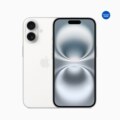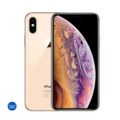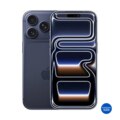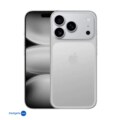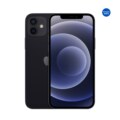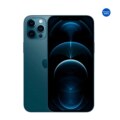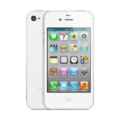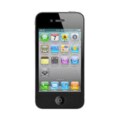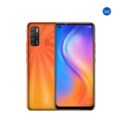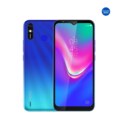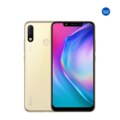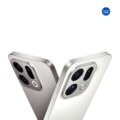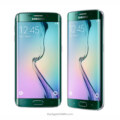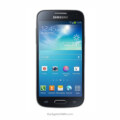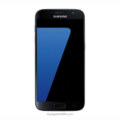Apple iPhone 5s
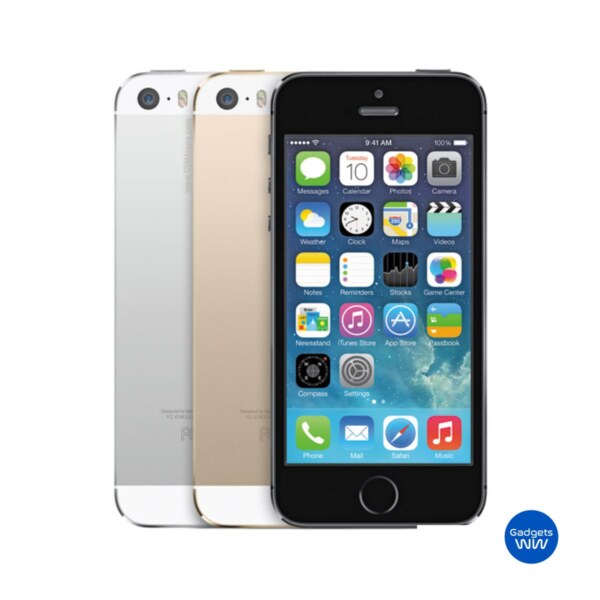

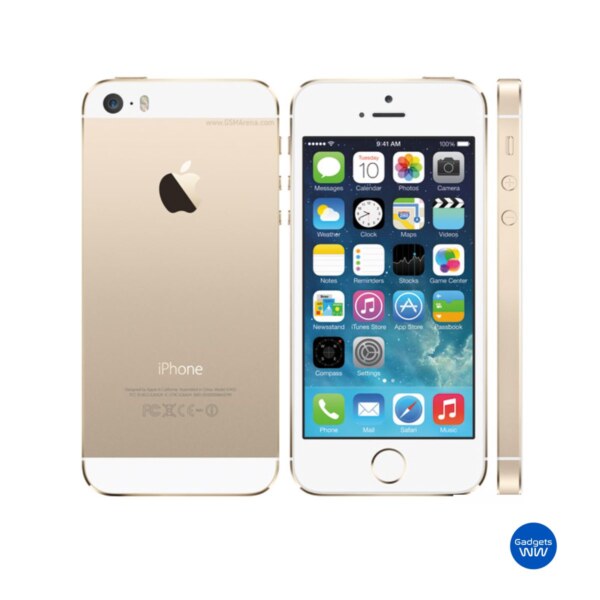
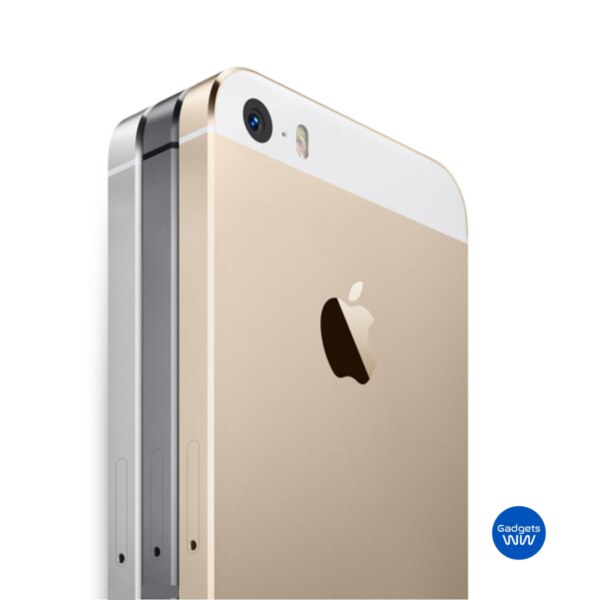
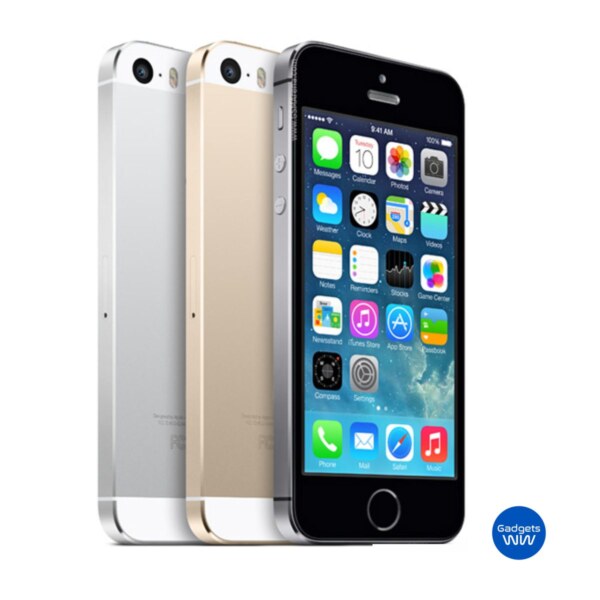
-
Display: 4.0" (640x1136 pixels)
-
Processor: Apple A7
-
Rear Camera: 8MP
-
RAM: 1GB
-
Storage: 16GB / 32GB / 64GB no card slot
-
OS: iOS 7, up to iOS 12.5.7
-
Battery: 1560mAh
iPhone 5s Review: A Familiar Design, But Packed with Surprises
Published: October 2013
When Apple announced the iPhone 5s earlier this month, I’ll admit, I rolled my eyes a little. At first glance, it looks almost identical to last year’s iPhone 5. Same 4-inch display. Same aluminum body. Same overall design. In fact, put the two side by side and most people probably wouldn’t be able to tell the difference.
But after spending a week with the iPhone 5s as my daily driver, I can safely say: there’s a lot more going on under the hood than meets the eye.
A Design That Still Works (Even If It’s Getting Familiar)
Let’s start with the exterior. Yes, the iPhone 5s looks nearly the same as the 5, but that’s not necessarily a bad thing. The build quality is still best-in-class. It feels premium, solid, and incredibly light at just 112 grams. Compared to the plastic feel of some Android phones (looking at you, Samsung Galaxy S4), the 5s still feels like a luxury device.
Apple has introduced a new color option this year, gold, which is a surprisingly tasteful addition. It’s more champagne than bling, and it adds a bit of personality to the otherwise minimalist design. There’s also the classic space gray and silver, if you’re not feeling too flashy.
But let’s be honest, we weren’t expecting a design revolution with an “s” model. This year’s story is all about what’s happening inside.
Touch ID: Say Goodbye to Passcodes (Mostly)
Probably the biggest headline feature of the iPhone 5s is Touch ID, Apple’s fingerprint scanner built directly into the home button.
And it actually works.
Setup takes about a minute and involves repeatedly pressing your finger against the home button while the phone learns the unique contours of your fingerprint. Once set up, unlocking your phone feels futuristic, just press the home button like you normally would, and voilà, you’re in. It’s fast, accurate, and weirdly satisfying.
Right now, it only works for unlocking the phone and authorizing iTunes and App Store purchases, but Apple has hinted at opening it up to developers in the future. If that happens, this could be a game-changer.
A7 Chip and 64-bit Architecture: Powerful, But Future-Proof?
The iPhone 5s is the first smartphone in the world with a 64-bit processor, courtesy of Apple’s new A7 chip. That’s the kind of architecture typically reserved for desktop-class machines.
So, what does that mean for you right now? Not a ton—yet.
Apps are just beginning to be optimized for 64-bit, but even with current apps, the performance boost is noticeable. Everything feels snappier. Apps launch faster. Games like Infinity Blade III look stunning and run buttery smooth. Benchmarks suggest the 5s is up to twice as fast as the iPhone 5, and it definitely feels like it.
There’s also a secondary chip, the M7 motion coprocessor, which tracks movement data from the phone’s accelerometer, gyroscope, and compass. This opens the door to more advanced fitness tracking apps, and potentially better battery life, since the M7 offloads this work from the main CPU.
Camera Improvements: More Than Just Megapixels
On paper, the iPhone 5s still has an 8-megapixel camera, just like the iPhone 5. But Apple has made some smart changes under the hood.
For one, the sensor is bigger. That means more light gets in, which makes a noticeable difference in low-light conditions. There’s also a wider aperture (f/2.2), and a new True Tone flash that uses dual LEDs, one cool and one warm, to better match the lighting in your environment. This results in more natural-looking photos, especially indoors.
A new burst mode lets you take up to 10 shots per second, and the phone automatically suggests the best one. The slow-motion video feature (120fps at 720p) is one of those things you didn’t know you needed until you tried it. It’s incredibly fun to use, and easy to share.
If you’re into mobile photography, the iPhone 5s won’t disappoint. It may not have the highest megapixel count, but it’s proof that smart software and hardware integration matter more than raw specs.
iOS 7: A Fresh Coat of Paint (and Then Some)
The iPhone 5s ships with iOS 7, Apple’s most dramatic visual overhaul since the original iPhone. Gone are the skeuomorphic leather and green felt. In their place: bright colors, translucent layers, and a flatter, more modern look.
While the redesign has been polarizing, I think it works well, especially on the 5s, where the hardware and software feel tightly integrated.
New features like Control Center (quick access to settings), AirDrop, and improved multitasking make iOS 7 more powerful without sacrificing simplicity. And with the 64-bit A7 chip, you can expect iOS updates to keep coming for a long while.
Battery Life: Still Solid, But Not Exceptional
Battery life on the iPhone 5s is good, but not amazing. With moderate use (emails, browsing, some gaming, and streaming music), I got through a full day on a single charge. If you’re a power user, you might want to keep a charger handy. There’s no wireless charging or huge battery like on some Android flagships, but Apple seems to have optimized the internals well enough to keep things efficient.
Final Verdict: A Subtle but Significant Step Forward
The iPhone 5s might not turn heads the way the original iPhone did, but it doesn’t need to. It’s a device that quietly pushes the smartphone forward, rather than trying to dazzle with gimmicks. Touch ID is genuinely useful. The A7 chip and M7 coprocessor point toward a more powerful and context-aware future. And the camera is, once again, one of the best in any smartphone.
If you’re using an iPhone 5, this might not be a must-upgrade, but for anyone coming from the 4S or older, the 5s is a massive leap.
Yes, the competition is fiercer than ever, Samsung, HTC, and Google are all putting out excellent Android phones, but Apple has proven once again that it knows how to blend hardware and software into a seamless, polished experience.
The iPhone 5s may look familiar, but under the surface, it’s one of the most ambitious smartphones Apple has ever made.
Pros:
- Touch ID is fast, secure, and convenient
- A7 chip brings noticeable performance boost
- Excellent camera, especially in low light
- Premium build quality
- iOS 7 brings much-needed freshness
Cons:
- Battery life could be better
- 4-inch screen feels small compared to Android flagships
- No major design changes from iPhone 5
Rating: ★★★★☆ (4.5/5)
What do you think of the iPhone 5s? Are you planning to upgrade, or waiting for the iPhone 6? Drop your thoughts in the comments below!
Specs
LAUNCH
| Announced | 2013, September 10. Released 2013, September 20 |
| Availability | Discontinued |
NETWORK
| 2G Bands | GSM 850 / 900 / 1800 / 1900 - all models CDMA 800 / 1700 / 1900 / 2100 - A1533 (CDMA), A1453 |
| 3G Bands | HSDPA 850 / 900 / 1700 / 1900 / 2100 - A1533 (GSM), A1453 CDMA2000 1xEV-DO - A1533 (CDMA), A1453 |
| 4G Bands | 1, 2, 3, 4, 5, 8, 13, 17, 19, 20, 25 - A1533 GSM, A1533 CDMA 1, 2, 3, 4, 5, 8, 13, 17, 18, 19, 20, 25, 26 - A1453 1, 2, 3, 5, 7, 8, 20 - A1457 1, 2, 3, 5, 7, 8, 20, 38, 39, 40 - A1530 |
| Speed | HSPA 42.2/5.76 Mbps, LTE Cat3 100/50 Mbps, EV-DO Rev.A 3.1 Mbps |
| Technology | GSM / CDMA / HSPA / EVDO / LTE |
DESIGN
| Measurements | 123.8 x 58.6 x 7.6 mm (4.87 x 2.31 x 0.30 in) |
| Weight | 112 g (3.95 oz) |
| Build | Glass front (Corning-made glass), aluminum back, aluminum frame |
| SIM | Nano-SIM |
DISPLAY
| Type | IPS LCD |
| Size | 4.0 inches, 44.1 cm2 (~60.8% screen-to-body ratio) |
| Resolution | 640 x 1136 pixels, 16:9 ratio (~326 ppi density) |
| Protection | Corning Gorilla Glass, oleophobic coating |
PLATFORM
| OS | iOS 7, upgradable to iOS 12.5.7 |
| Chipset | Apple A7 (28 nm) |
| CPU | Dual-core 1.3 GHz Cyclone (ARM v8-based) |
| GPU | PowerVR G6430 (quad-core graphics) |
MEMORY
| Card Slot | No |
| Internal | 16GB 1GB RAM, 32GB 1GB RAM, 64GB 1GB RAM |
REAR CAMERA
| Single | 8 MP, f/2.2, 29mm (standard), 1/3.0", 1.5µm, AF |
| Features | Dual-LED dual-tone flash, HDR |
| Video | 1080p@30fps, 720p@120fps |
SELFIE CAMERA
| Single | 1.2 MP, f/2.4, 31mm (standard) |
| Features | face detection, HDR, FaceTime over Wi-Fi or Cellular |
| Video | 720p@30fps |
SOUND
| Loudspeaker | Yes |
| 3.5mm Jack | Yes 16-bit/44.1kHz audio |
COMMUNICATION
| WLAN | Wi-Fi 802.11 a/b/g/n, dual-band, hotspot |
| Bluetooth | 4.0, A2DP |
| Positioning | GPS, GLONASS |
| NFC | No |
| Radio | No |
| USB | Lightning, USB 2.0 |
FEATURES
| Sensors | Fingerprint (front-mounted), accelerometer, gyro, proximity, compass |
BATTERY
| Kind | Li-Po 1560 mAh, non-removable (5.92 Wh) |
| Standby | Up to 250 h (3G |
| Talktime | Up to 10 h (3G) |
OTHERS
| Colors | Space Gray, White/Silver, Gold |
| Models | A1453, A1457, A1518, A1528, A1530, A1533, iPhone6,1, iPhone6,2 |
| SAR | 1.12 W/kg (head) 1.18 W/kg (body) |
| SAR EU | 1.00 W/kg (head) 0.80 W/kg (body) |
PRICE
| Nigeria | ₦69,818.73 |
| UK | £288.37 |
EU LABEL
Reviews
Disclaimer Note
The reviews, opinions, and information shared on this blog are based on personal experiences, research, and available product details at the time of writing. While we strive to provide accurate and up-to-date information, we cannot guarantee that all specifications, prices, or features remain current.


